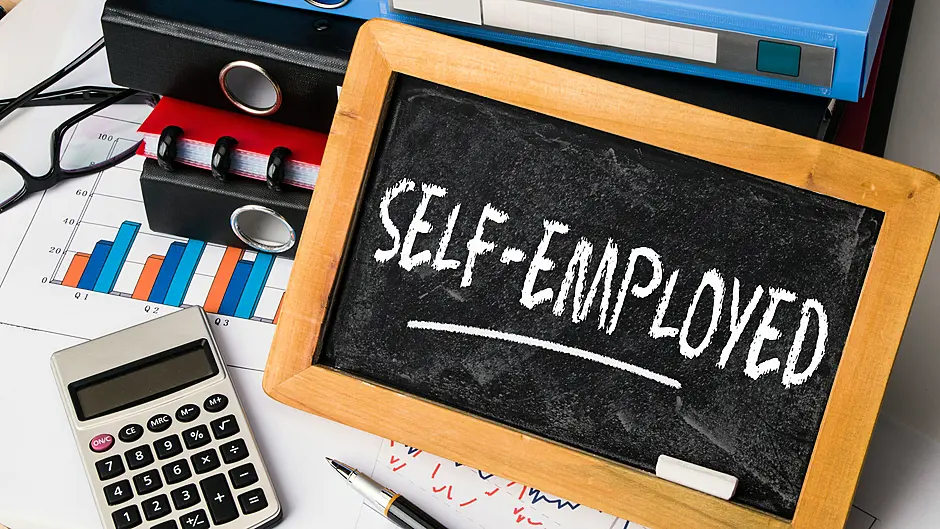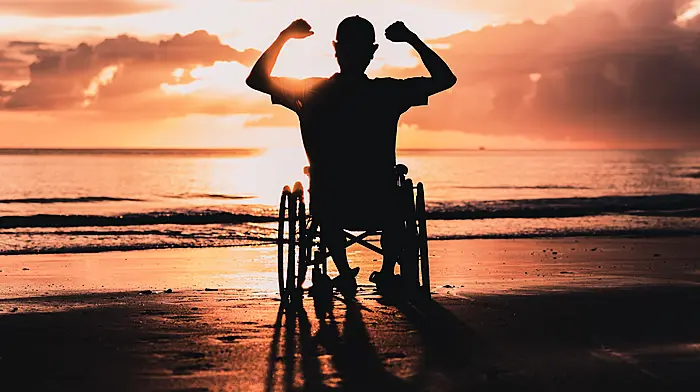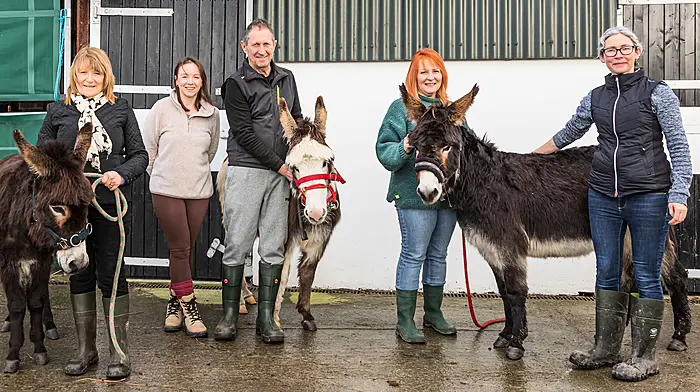THE PRSI scheme for the self-employed, including farmers, was first introduced in April 1988 and is known as Class S PRSI.
Any self-employed person between the ages of 16 years and 66 years with an income of €5,000 or more per annum is liable to PRSI (with the exception of people in receipt of unemployment assistance).
The current rate of class S PRSI is 4% on all reckonable income, subject to a minimum payment of €500.
People who pay Class S include farmers, professional people, certain company directors, people in business on their own or in partnerships and people with income from investments, rents, or maintenance payments.
Employees who are also self-employed in a trade or profession pay Class S PRSI on that income as well as their Class A PRSI contribution as an employee.
Various types of income is liable to Class S PRSI including income from a trade/profession such as farming. This is the gross income less allowable expenses and capital allowances.
Rental income from property located in the State also qualifies. Rental income received from leasing farmland that qualifies for an income tax exemption is however liable to a PRSI charge.
Other income sources include that from share dividends, forestry premium, income from which tax has been deducted at source eg bank deposit interest and income from foreign property, investments etc.
Income that’s not considered when calculating PRSI contributions includes benefit-in-kind.
Also excluding is benefits, pensions, allowances, or supplements received from the Department of Social and Family Affairs; payments from income continuance plans or permanent health insurance plans (Revenue approved) payable in the event of being unable to work due to ill health and sums received for training courses or schemes.
PRSI Class S provides entitlement to the following payments/benefits: old age (contributory) pension; maternity benefit; widow’s and widower’s (Contributory) pension; guardian (contributory) payment; Adoptive benefit; bereavement grant; treatment benefit scheme and job seekers benefit (self-employed).
If your income falls below €5,000 per annum, or you cease farming and you are under the age of 66, you may apply to become a voluntary PRSI contributor paying a special rate of €500 per annum. Voluntary PRSI contributions ensure that your entitlements remain in tact.
To become a voluntary contributor it’s important to note that you need a minimum of 520 PRSI contributions paid under compulsory insurance this can be either in self employment or employment.
You must also apply to make your voluntary contribution within five years of the end of the last completed tax year during which you paid compulsory PRSI.
And you must agree to pay voluntary contributions in respect of all the years immediately following the year of your last compulsory PRSI payment.
If a self-employed person is on a very low income and is exempt from filing a tax return, they should apply to social welfare to become a ‘no net liability contributor’ to ensure their eventual entitlements are safeguarded. This annual contribution is currently set at €300.
If you are taking time off work to care for children under 12 years of age or an ill or disabled person aged 12 or over, the homemaker’s scheme may be a better option for you than making voluntary PRSI contributions.
People getting Covid 19 payments eg PUP or Revenue’s wage subsidy schemes will be awarded PRSI contributions at the class they were paying immediately before they were laid off, while they are getting the relevant payment.
• Sinead Deane CPA works with FDC accountants.








